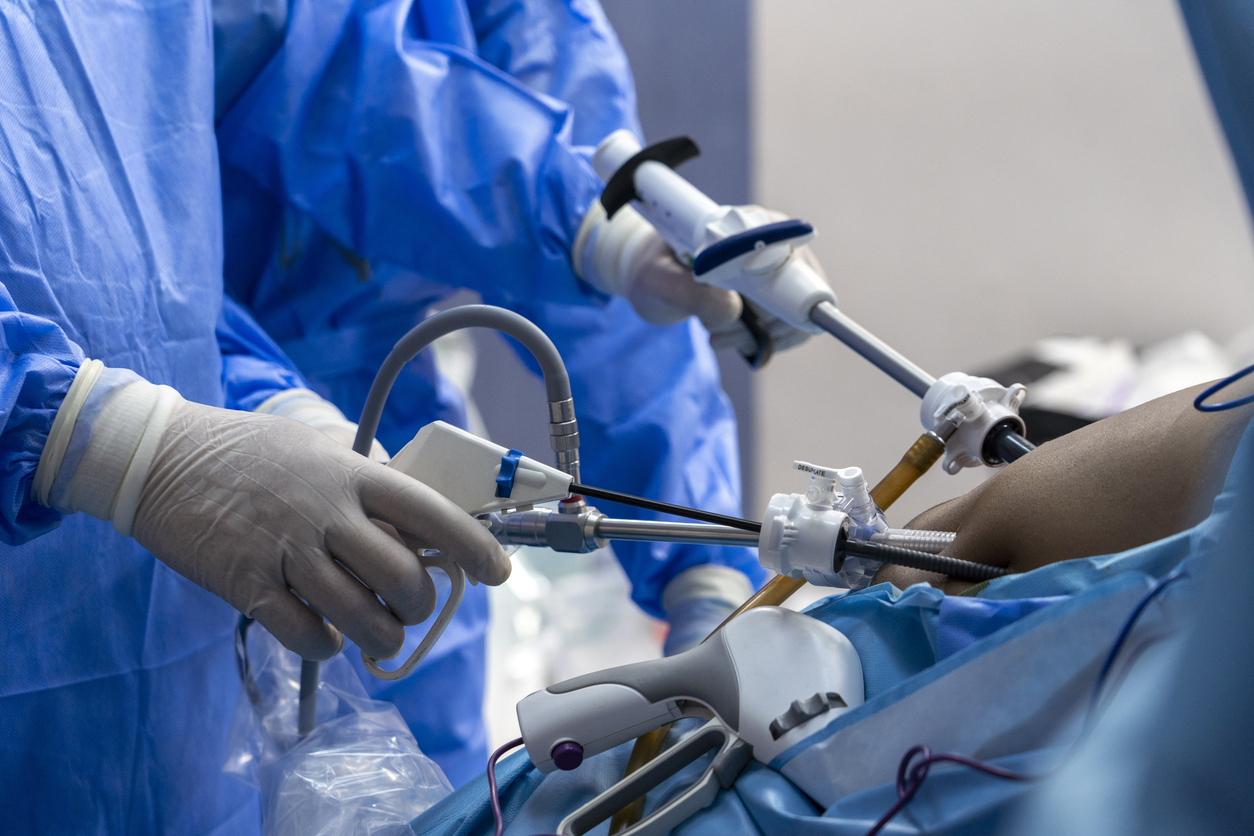

Gratitude might not be the first thing you think about while trying to lose weight. Yet it can change how you feel about food, movement, and your body. When you practice gratitude, you build patience and confidence. This shift can make healthy choices feel more natural, not like a punishment or a chore.
A daily gratitude habit can lower stress, improve sleep, and create a more compassionate mindset. Those benefits matter for lasting change. You stay more consistent. You bounce back faster from slip-ups. And you treat your body with care instead of pressure or criticism.
In this guide, you will learn how gratitude connects to body image and behavior. You will also find simple practices you can use at home, plus small steps you can start today.
Quick Summary
- Practicing gratitude can lower stress and reduce emotional eating.
- A grateful mindset improves body image and encourages consistent, healthy habits.
- Simple daily practices, such as journaling, pausing before meals, and celebrating non-scale victories, make a real difference.
- Local activities like walking at Railroad Park or Red Mountain Park pair well with gratitude exercises.
Why Gratitude Matters for Weight Loss
Let’s be honest: dieting can feel like a grind. The focus on rules, limits, and what you can’t have can make it tough to stay positive. Gratitude flips that mindset. When you take time to appreciate what your body can do—the strength in your legs, your energy, even small improvements—it becomes less about restriction and more about progress. You start to see your journey as growth instead of punishment.
Gratitude also helps ease one of the biggest roadblocks to weight loss: stress. When you’re stressed, cravings tend to creep in, and it’s easy to fall into mindless snacking. But practicing gratitude trains your brain to focus on the good and the things that are working. That mental shift lowers stress and makes it easier to make mindful choices. Over time, those moments of calm can add up to steadier, more sustainable results.
How Gratitude Shapes Body Image
It’s easy to feel like you’ll be grateful for your body once you hit a certain number on the scale. But your body deserves appreciation every step of the way. It carries you through your day, allows you to experience joy, laughter, and connection, even while you’re still working toward your goals.
Notice What Your Body Can Do
Think about the daily tasks your body handles. Carrying groceries. Climbing stairs. Stretching, bending, breathing, and moving. Thanking your body for these simple things can help you see it as a partner in your goals.
Swap Criticism for Curiosity
If you catch yourself picking apart your body, pause. Name one helpful thing your body did that day. You may have walked farther than usual. Maybe you got a good night’s sleep. These tiny shifts create a more positive mindset over time.
Try this: Each night, write one short sentence about something your body did well. Do this for one week and notice how you feel by the end.
Practical Gratitude Exercises for Daily Life

Gratitude doesn’t have to mean journaling for an hour or meditating on a mountaintop. It’s about weaving small, doable moments of appreciation into your day. Here are a few simple ways to start.
The Three-Item Gratitude List (Two Minutes)
Take two minutes in the morning to jot down three things you’re grateful for. They don’t have to be big or profound. Maybe you slept well, your jeans fit comfortably, or your legs carried you through a busy day.
Try to include at least one thing related to your body or health. Over time, you’ll start noticing small wins and improvements that might have slipped by unnoticed.
Pause Before Meals (Thirty Seconds)
Before your first bite, take a slow breath. Look at your food and think of one thing you appreciate; maybe it’s the time you took to prepare it, the fact that it’s nourishing your body, or that you have a moment to enjoy it.
This little pause helps you switch off autopilot eating and tune in to the experience. When you’re present and thankful, meals feel more satisfying, and you’re less likely to overeat just because you’re distracted or stressed.
Celebrate Non-Scale Wins
The scale tells such a tiny part of your story. Once a week, take note of two wins that have nothing to do with numbers. Maybe you felt stronger on your walk, tried a new workout class, or chose balance when you might’ve gone all-in before.
Recognizing these victories helps you see progress where it really matters: in your habits, mindset, and energy. And that’s what keeps motivation alive long after the novelty of a diet fades.
Move With Intention
Movement is one of the best ways to practice gratitude. On your next walk, jog, or stretch session, notice three things you appreciate—the weather, your breath, the rhythm of your steps, or your body’s ability to move.
You’ll start to connect exercise with joy and appreciation rather than punishment or guilt. That shift can turn movement into something you want to do, not something you have to do.
How Gratitude Reduces Emotional Eating
Emotional eating often appears during stress, boredom, or frustration. Gratitude interrupts that pattern by increasing awareness and offering a calmer mindset.
It teaches you to pause and notice your feelings instead of reacting right away. With practice, your mind shifts from scarcity to sufficiency. Urges feel less intense, and you feel more in control.
Try this: If a craving hits, ask yourself, “What am I feeling right now?” Name the feeling. Then name one thing you appreciate. Wait two minutes. Many cravings fade during that short pause.
Our Most Asked Questions About Gratitude & Weight Loss
How quickly does gratitude help with weight loss?
You might start to feel the benefits of gratitude faster than you think. Within just a few days, many people notice their mood lift or stress ease up a bit. The physical results, of course, take more time. Gratitude itself won’t make the number on the scale drop, but it helps you build the mindset that keeps you going.
When you’re more positive and less stressed, it’s easier to stick with the healthy habits that actually drive long-term change.
Can gratitude replace diet and exercise?
Not exactly. You still need nourishing foods, regular movement, and enough rest. But gratitude makes those things feel more rewarding instead of like chores. It helps you stay patient with your progress and kinder to yourself when things don’t go perfectly.
When your mindset shifts from “I have to do this” to “I get to do this,” staying consistent becomes so much easier.
What if I struggle to feel grateful?
That’s totally normal — especially when life feels stressful or you’re not seeing quick results. Gratitude isn’t about forcing positivity; it’s about gently noticing small things that make your day a little better. Start simple: a warm shower, a clean shirt, a friendly text, or even a good cup of coffee.
Those “neutral” things start to add up, slowly retraining your brain to spot the good more naturally. Over time, you’ll find gratitude showing up without having to look so hard for it.
Being Thankful for The Body You’re in Right Now

Gratitude encourages kindness toward your body. This mindset reduces stress, limits emotional eating, and improves body confidence. Daily habits like journaling, mindful meals, and intentional movement build strength and momentum over time.
Even if you want to grow healthier and improve your fitness, you can still be thankful for the body you have at this moment, and all the amazing things it can do.
Get Support for Lasting Change
At Birmingham Minimally Invasive, we help patients build healthy routines, manage weight safely, and create sustainable results. If you want guidance, structure, or medical support, our team is here for you. Reach out to schedule an appointment and take the next step toward your goals.
Start Your Journey Toward a Healthier, Happier You
At Birmingham Minimally Invasive, we believe that lasting weight loss starts with the right mindset, and gratitude is a powerful part of that process. Our team offers personalized, medically guided weight loss solutions that help you achieve your goals safely and confidently.
If you’re just beginning or ready to take the next step, we’re here to support your journey every step of the way. Contact us today to schedule your consultation and start feeling your best: inside and out.

















